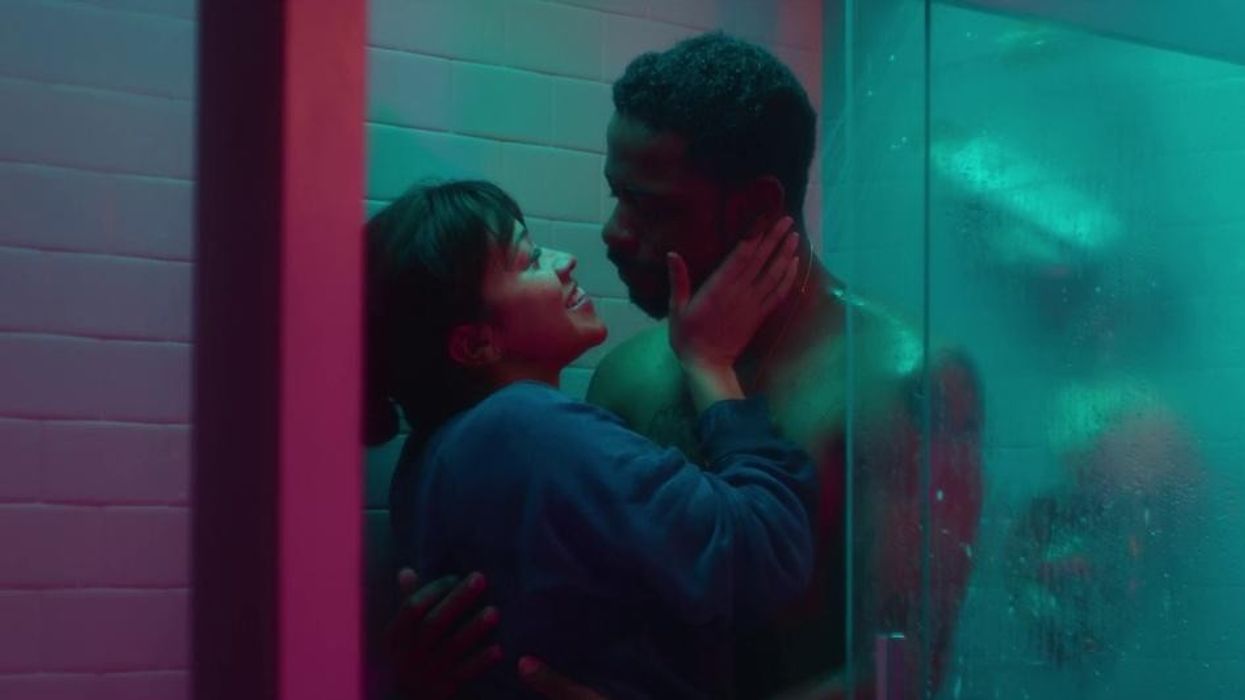What Directors Can Learn From Our Favorite Rom-Coms
Love is in the air. Here is what we can learn from our favorite rom-com.

I am a sucker for a good romantic comedy. What I enjoy about this popular combination of genres is that there are so many different approaches to one of the most complex and hard-to-define feelings that we all long for.
While we enjoy watching rom-coms for the smartly written stories, charming character moments, and cliches that we will let slide (just this one time), it is just fun to make these genre films.
Filmmakers may enjoy making romantic comedies for a variety of reasons, including the opportunity to tell heartwarming stories, explore universal themes of love and human connection, and provide an escape from reality for their audience. Romantic comedies also offer filmmakers the chance to work with talented actors and experiment with different storytelling techniques. Additionally, successful romantic comedies can be financially lucrative, which can be a motivating factor for filmmakers looking to make a profitable film.
There are many lessons that directors are interested in creating a rom-com, so let's break them down.

What Makes a Good Romantic Comedy film?
Before we break down our takeaways from our favorite rom-coms, we need to establish what makes a great rom-com film.
When you think of these genre films, what do you think makes them great? Is it the characters? The romantically unrealistic dialogue? Or the big confession at the end of the film?
A good romantic comedy film often has a combination of several elements, including:
Strong, likable characters that the audience can relate to and root for.
A compelling, original concept or storyline that captures the audience's attention and keeps them engaged.
A balance of humor and heart, with well-crafted comedic moments that offset the emotional weight of the story.
A strong emotional core that allows the audience to connect with the characters and become emotionally invested in their story.
A unique visual style and creative use of cinematic techniques that enhance the storytelling.
Memorable, quotable dialogue and well-crafted scenes that leave a lasting impact on the audience.
A sense of authenticity and honesty that allows the audience to relate to the characters and their experiences.
A satisfying conclusion that ties up loose ends and leaves the audience feeling fulfilled.
You don't have to end with a "happy ending," but you should leave your audience feeling satisfied that this is where the story naturally ends for our main character.
Overall, a good romantic comedy film should be engaging, entertaining, and emotionally resonant, with characters and a storyline that viewers can connect with on a personal level.

What Directors Can Learn From Our Favorite Rom-Coms
These films offer a range of approaches to the romantic comedy genre, from classic romances to more modern takes, and can provide valuable lessons on storytelling, character development, and comedic timing.
Directors can learn different lessons from each of these movies. Here are some potential takeaways:
When Harry Met Sally: Directors can learn from the film's emphasis on witty and realistic dialogue, as well as its exploration of the complexities of male-female friendships and the challenges of falling in love.
About Time: The film shows how the main character grows and changes throughout the story, making him more relatable and engaging for the audience. Additionally, the movie uses humor to address serious topics, such as love, family, and loss, making the story more approachable and relatable. Finally, About Time also highlights the power of a unique and original concept with its focus on time travel, which can help a film stand out and be more memorable for the audience
The Worst Person in the World: Directors can learn how to create realistic, well-rounded characters and utilize nonlinear storytelling to keep the audience engaged. The film also showcases the importance of balancing humor and drama, exploring personal growth, and using visual storytelling to convey important emotions and messages.
Crazy Rich Asians: This film highlights the value of diversity and representation in romantic comedies. Directors can learn from its use of opulent settings, intricate plotting, and deep emotional resonance.
The Big Sick: Directors can learn from this movie's ability to balance humor and emotion while tackling serious topics, as well as its exploration of cultural differences and how they can impact relationships.
Pretty Woman: This film showcases how an unlikely pairing can create sparks on screen, and how character transformation can be used to build a satisfying narrative arc. Directors can also learn from its use of iconic settings and memorable lines.
My Best Friend's Wedding: There are several lessons directors can learn from this film, including developing compelling characters and conflict, balancing humor and drama, developing a unique concept, and using music to enhance the story. These elements can make a romantic comedy film more engaging and memorable for the audience.
Crazy, Stupid, Love:Directors can learn the importance of creating complex and relatable characters who act as foils to each other, having multiple plot threads to create a rich and engaging narrative, using cinematography creatively to convey emotions and messages, and showcasing the importance of chemistry between actors to create believable and engaging relationships between the characters.
Someone Great:The Film offers several lessons for directors, including the importance of diversity in casting, the value of focusing on female friendships, how to balance humor and heartbreak, creating dynamic and flawed characters, using a non-linear narrative structure effectively to build tension and reveal important information, and utilizing music to enhance the story and deepen the audience's connection to the characters and their experiences.
Bridget Jones's Diary:This movie showcases how an imperfect and relatable protagonist can help audiences connect with a romantic comedy. Directors can also learn from its use of voiceover narration and strong supporting characters.
Do you have a favorite rom-com that we didn't mention? Let us know what that film is in the comments below and what directors can learn from it!











